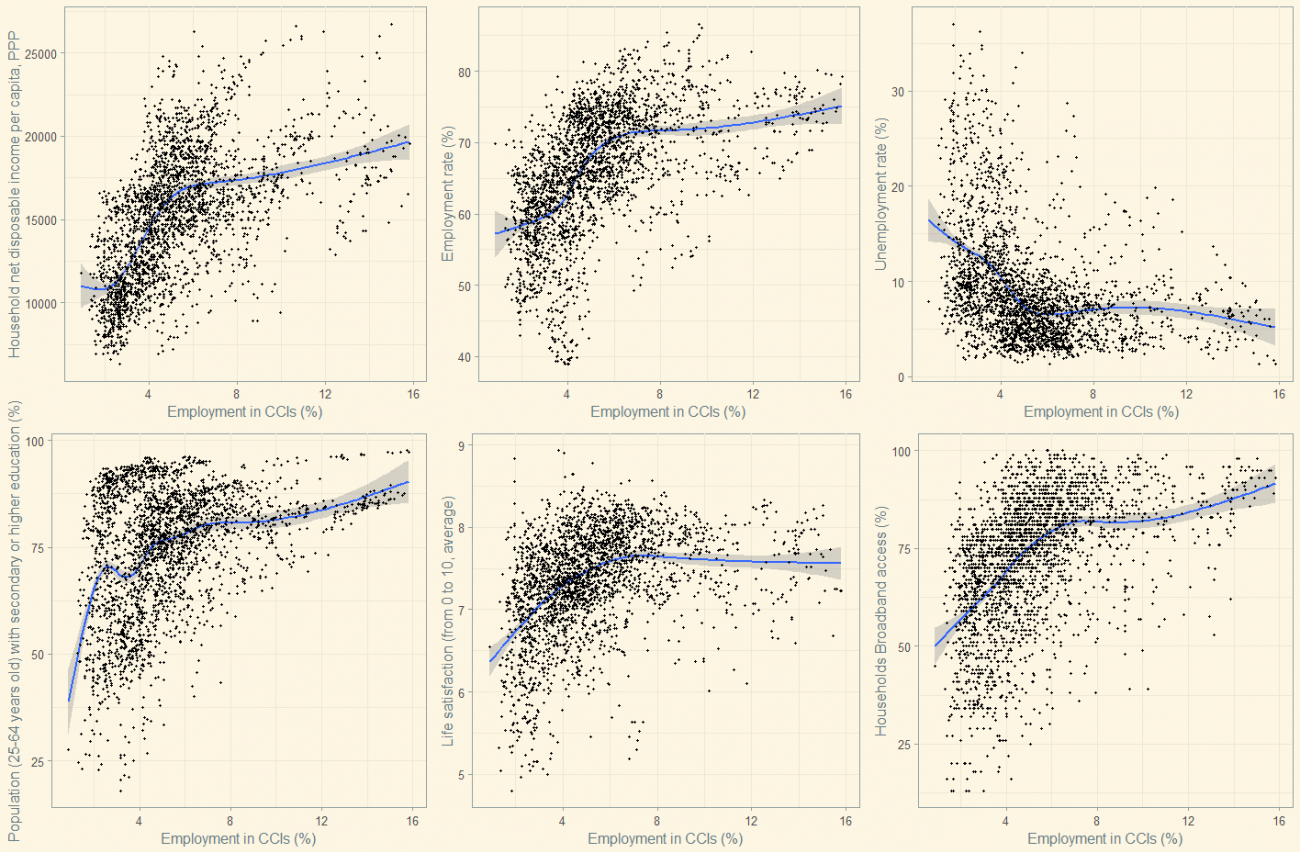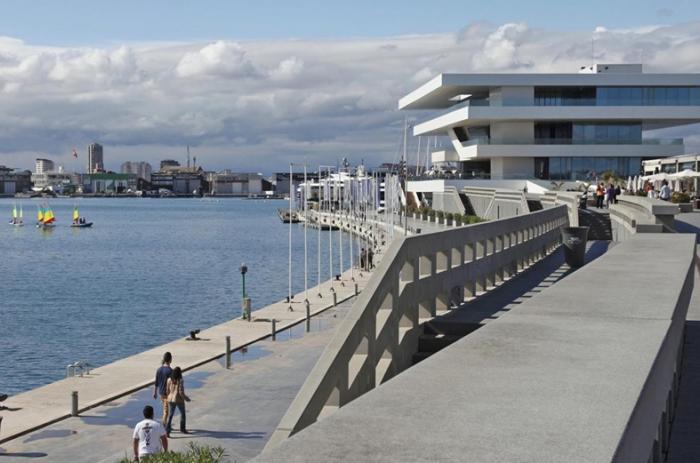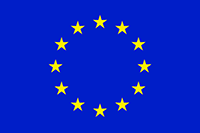The role of Cultural and Creative Industries in regional well-being was discussed at the 15th Economic Policy International Conference
Econcult researcher Jordi Sanjuán participated last week in the 15th Economic Policy International Conference. He presented his research on the impacts of Cultural and Creative Industries on regional well-being in Europe. This is ongoing research linked to the MESOC project, which will constitute his PhD thesis, directed by professors Pau Rausell and Rafael Boix. Faced with the global challenge of measuring the social impacts of culture, this research focuses specifically on those generated by the Cultural and Creative Industries as an economic activity.
The research seeks to obtain quantitative results regarding the relationship between these and well-being in a broad sense. It adopts the conceptual framework of well-being defined by the OECD through the Better Life Index. This includes 11 dimensions of well-being at the regional level, which take into account both material conditions and the quality of life and sustainability of well-being over time. These are: Health, Life Satisfaction, Community, Civic Engagement, Education, Environment, Housing, Safety, Income, Jobs and Access to services. Therefore, it falls mainly –in the framework of the MESOC project and the new European Agenda for Culture– under the cross-over theme 'Health and Wellbeing' (e.g. Health and Life Satisfaction), but also in 'People's Engagement and Participation' (e.g. Community and Civic Engagement) and Urban and Territorial Renovation (e.g. Housing and Environment).
The research is still at an early stage, defining the causal model. However, some potentially positive relationships can already be discerned (such as those shown in the graph below, as an example). Later, machine learning and non-parametric estimation techniques will be applied to obtain more robust causal results. This thesis also aims to statistically validate some of the relationships that will emerge from the MESOC project and to provide empirical evidence that is particularly relevant to the project.

In his presentation, Jordi took the opportunity to make some considerations about the potential implications of the results in terms of industrial policy. Especially in view of the need to seek a change of production model and a new European specialisation strategy capable of facing the challenges of post-industrial societies and the new knowledge economy, even more so after the Covid-19 crisis.


